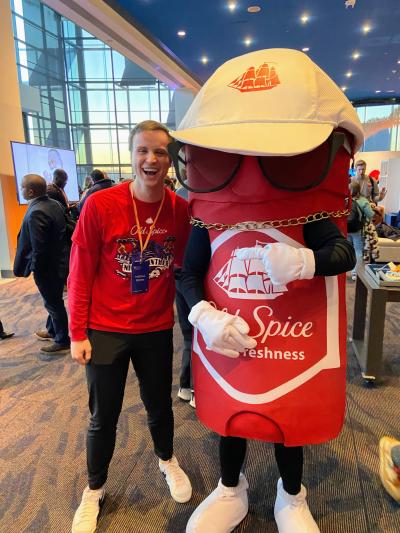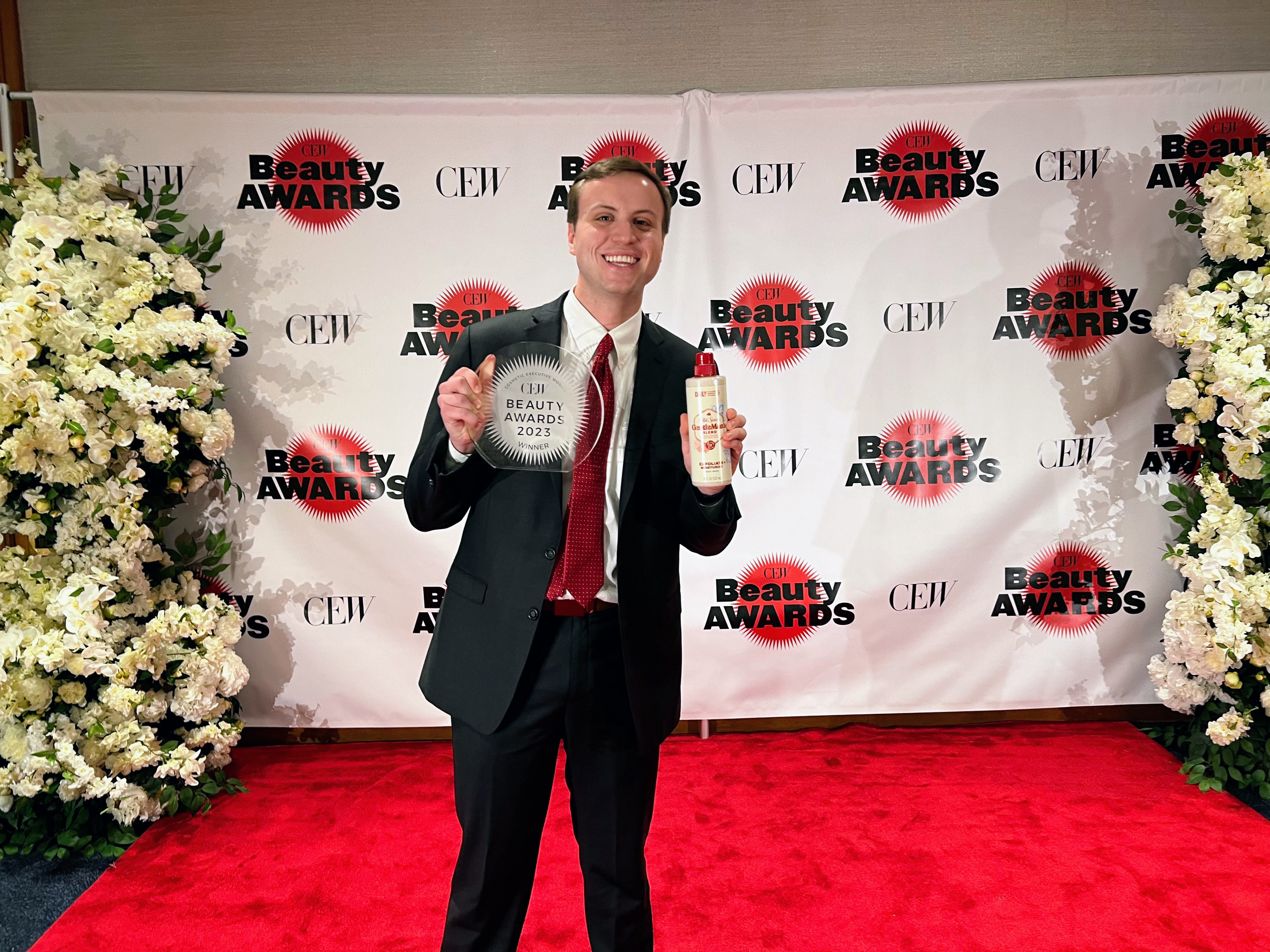Matthew Bonner
What makes college graduates more marketable? Matthew Bonner, Ohio State Alum (2020), with degrees in Marketing, Logistics Management and History, shares successful strategies for undergraduates to build a competitive edge for the job market. Matthew is currently a Brand Manager for Procter & Gamble. After viewing the video, please be sure to read his other interview text below for more information about Matthew's experiences at Ohio State.

How did you become interested in history as an academic discipline? What made you want to major in history?
My favorite question growing up, and continues to be, “why?”. In history class I found answers to my questions, but also left having hundreds more. Studying history allowed me to begin understanding how cultures and civilizations have evolved overtime, shaping the world we live in today. This quest to answer “why” was the reason in high school I packed as many history classes into my schedule as possible and started volunteering at my local history society in Cincinnati. I recognized that history classes also develop essential skills like critical thinking and communication, which I knew would be valuable for any career path I pursued. When it was time to start considering colleges, I couldn't imagine only taking the required history general education courses. I immediately knew I wanted to double major to further explore my passion for history.
Tell us about your experience taking courses in the Ohio State Department of History. Do you have any particularly vivid memories from your time as an undergraduate?
During my time as an undergraduate, I have countless favorite memories, but two experiences stand out the most: my Honors Thesis and participation in the World War II Study Abroad program.
In my sophomore year, I enrolled in a course with Professor Bartow Elmore on US Business and the Environment. This class opened my eyes to how my two majors could seamlessly merge and underscored the significance of understanding the past for informed decision-making in business. Intrigued by the material, I approached Dr. Elmore to serve as my Senior Honors Thesis advisor. With the support of the History Department's Honors Thesis Research Grant, I traveled to St. Louis to conduct research at the Monsanto Company corporate archives. This culminated in the successful defense of my senior thesis, which was later cited in Dr. Elmore's book, " Seed Money: Monsanto's Past and Our Food Future."
During my junior year, I participated in the History of World War II Study Abroad program under the guidance of Professor David Steigerwald. Through this program, I engaged in coursework with a cohort during the academic year, preparing for visits to museums, memorials, and battlefields in England, France, Poland, and Germany the following May-mester. This experience was truly a once-in-a-lifetime opportunity. Exploring sites like the beaches of Normandy while learning about the war and its impacts cannot be replicated any other way. The seminar discussions and experiential learning fostered a deeper cultural empathy and understanding that brought our academic journal readings and seminar discussions to life.
How did your experience as a history major help prepare you for the future, both professionally and personally?
My history major continues to be invaluable to me, both in my professional role and in my personal life. As an Old Spice Brand Manager at P&G, I rely on my research and critical thinking skills honed through my history studies to evaluate consumer behaviors and data, discern patterns, and make connections between seemingly disparate pieces of information. Furthermore, studying history provides me with valuable insights into trends in human behavior and cultural dynamics, which I draw on daily in my work. In my role, I encounter complex problems that require navigating ambiguity and thinking creatively, skills that I also developed through my history major. Even in the world of deodorant and body wash, these skills are essential! Personally, studying history has made me a more culturally aware and empathetic individual. I recognize the historical underpinnings of many contemporary issues, which allows me to be a more well-rounded citizen and person overall.

What advice would you give to current or prospective history majors who are interested in careers in business, particularly in marketing and brand management?
History majors are set up for success for a career in marketing or brand management! My first piece of advice would be to leverage Career Services at Ohio State to discover opportunities to gain relevant experience. While history majors possess the skills that any company would be lucky to have, it's important to acquire practical experience in the industry to stand out as a competitive candidate for roles. Additionally, I recommend getting involved in student organizations on campus. Working in marketing or brand management means working with a cross functional team. During my time at Ohio State, I was heavily involved in the student programming board (OUAB). The real-life leadership experiences and teamwork skills I gained through this campus involvement were invaluable as I transitioned to my post-grad job. Lastly, don’t sell your transferable skills short! History majors are trained on essential skills such as research, analysis, communication, and critical thinking - skills that are indispensable to all companies. Highlight and provide examples of how you have developed and used these crucial skills throughout the job application process.
What advantages do you see in double-majoring in subjects as seemingly disparate as history and business?
Studying business and history enables an interdisciplinary perspective that is truly invaluable. Transitioning from analyzing the social, economic, and political causes of the French revolution in one class to dissecting the 4Ps of Marketing in another, provides insights into how historical events have shaped the world and how businesses operate within those contexts. Double majoring in these fields also exposes you to different methods of research and analysis. This enables you to approach problems from new angles and develop innovative solutions by drawing on insights from both disciplines. Moreover, double majoring sets you apart with your communication skills. Both business and history require effective writing and communication and by double majoring you are honing your ability to succinctly convey complex ideas - whether in an academic research paper or a marketing presentation. While double majoring requires careful planning and time management, the advantages are incredibly rewarding, and I encourage it for anyone who is interested!
